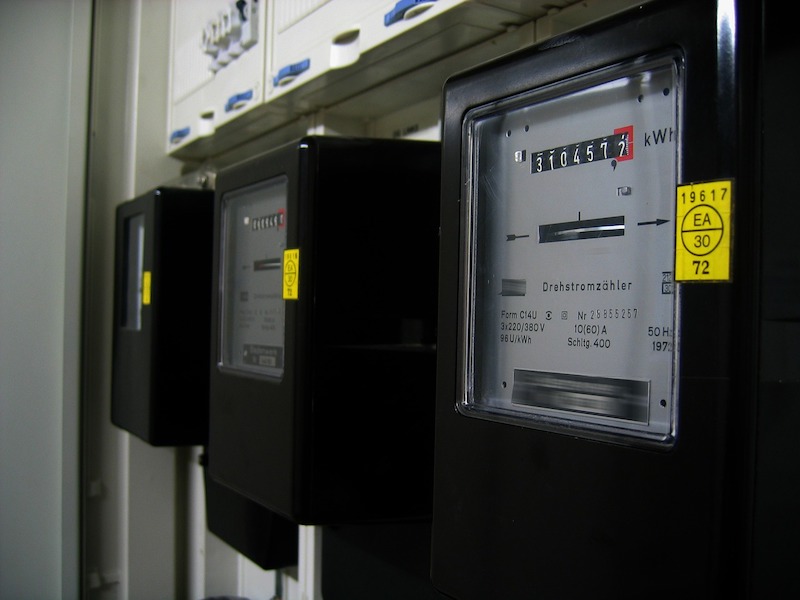Smart meters are gaining popularity, but their potential to save energy goes largely unrealized, according to research by the American Council for an Energy-Efficient Economy (ACEEE).
Though investing billions in advanced metering infrastructure (AMI), most utilities have vastly underused this technology that can help customers save energy, ACEEE says. AMI is now in place in many states, covering nearly half of all meters in the United States.
AMI measures electricity use in short intervals (typically 15 minutes or 60 minutes) rather than by the month. Electricity providers can use such timely, granular data to better manage and optimize generation and grid operations, allowing for cost reduction and faster response to power outages.
The data can also be used to offer better programs and share insights to encourage customers to save energy. Despite these potential benefits, only one of the 52 utilities that ACEEE surveyed—Portland General Electric (PGE)—is building its capacity to optimize use of AMI to save energy.
Related Stories
| Mar 22, 2012
Bill would reintroduce “opt-out” provision in lead paint law
The Lead Exposure Reduction Amendments Act of 2012 (S2148) would restore the "Opt-Out" provision removed from the Environmental Protection Agency's Lead Renovate, Repair and Painting (LRRP) rule in April 2010.
| Mar 15, 2012
New Florida building code establishes flood and storm surge provisions
The new 2010 code establishes minimum design and construction requirements to protect buildings from wind, rain, floods, and storm surges.
| Mar 15, 2012
Illinois city rejects international code due to home sprinkler requirement
Macomb, Illinois aldermen voted to recommend that the city not adopt 2012 international building and residential code standards requiring the installation of overhead sprinkler systems in newly constructed one-family and two-family homes.
| Mar 15, 2012
Tenant advocates propose licensing landlords in New York City
With thousands of New York City rental units posing potential dangers to tenants, city advocates are proposing measures to make landlords improve building safety.
| Mar 15, 2012
Construction industry a big winner in federal small disadvantaged business procurement
Last year, only 5% of federal contract dollars went to small disadvantaged businesses. Construction and facilities support firms were the biggest beneficiaries.
| Mar 15, 2012
ANSI approves new fall protection standards
The American National Standards Institute (ANSI) has approved two American Society of Safety Engineers' (ASSE) standards addressing fall protection.
| Mar 8, 2012
Engineering innovation provides new option for meeting seismic codes in skyscrapers
Two University of Toronto engineers have developed “viscoelastic-energy-dissipating dampers” to replace many of the heavy concrete beams used in tall structures.
| Mar 8, 2012
CSI webinar on building code compliance March 22
A March 22 webinar will provide an overview of a 28-step process during the design of a building to ensure compliance with building codes.















